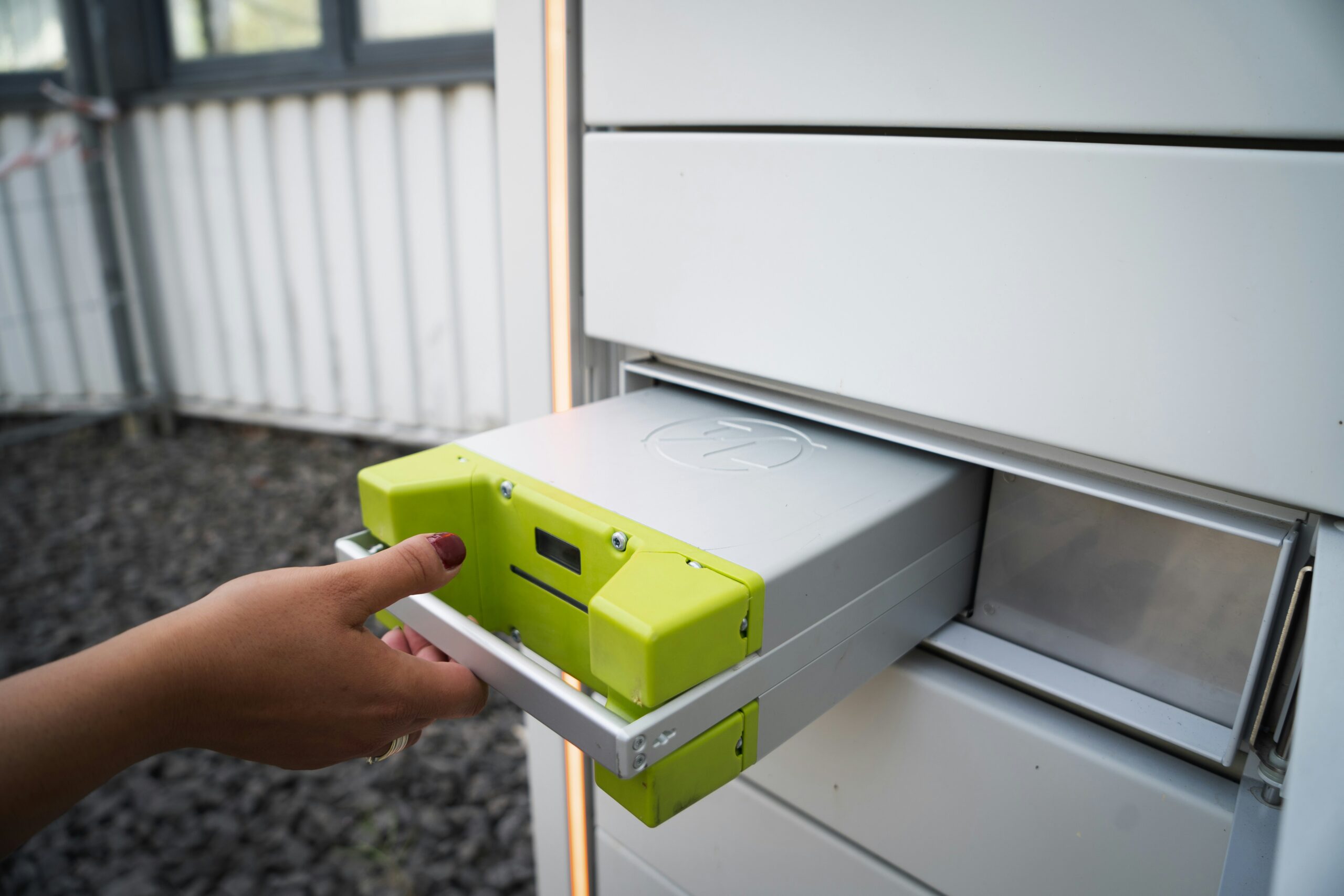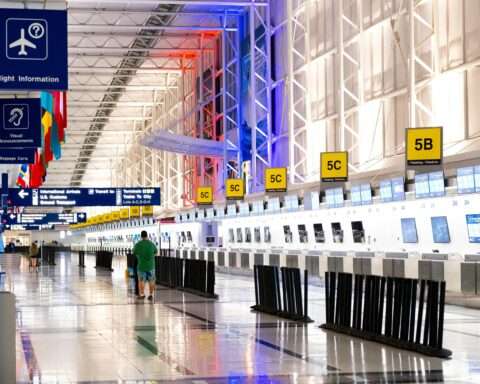The U.S. Department of Energy (DOE) has announced up to $63 million for state and local governments to expand battery recycling and modernize American manufacturing. Managed by DOE’s Office of Manufacturing and Energy Supply Chains (MESC), this funding opportunity promotes next-generation tools and resources, making advanced technologies such as sensors and modeling more accessible as part of the administration’s goal of a net-zero economy by 2050.
“The funding announced today will equip small- and medium-sized manufacturers with cutting edge technologies to improve operations efficiency and expand battery recycling, removing barriers to advancement and bolstering the nation’s competitive standing,” Energy Secretary Jennifer Granholm said.
Batteries have been essential to daily life for well over a century, but recycling pipelines for modern chemistries are still in their infancy. Recovering critical minerals like cobalt and lithium from batteries that have passed their useful lifespan through recycling is a cost-effective and sustainable method for sourcing domestic materials to produce more batteries.
Many of the raw materials used in today’s rechargeable batteries do not have reliable or robust domestic supply chains, leaving American battery manufacturers dependent on foreign sources. By collaborating with other layers of government, this funding will establish new recycling programs and create easily accessible collection points for consumers, whether at retail locations or community sites like libraries.
The announced funds include $41 million for the second phase of the $50 million allocated by the Bipartisan Infrastructure Law for local recycling programs. In the first phase, DOE selected battery recycling projects expected to generate more than $14.4 million in public-private investment. This second phase will improve state and local governments’ capacity to support battery recycling programs.
DOE is looking to partner with state and local governments to create or improve battery collection, recycling and reprocessing, emphasizing awareness, education and community benefits.
Alongside efforts to improve battery collection, the DOE is also collaborating with states to modernize the domestic manufacturing sector by making advanced technologies more readily available to smaller companies looking to break into the field.
By adopting these technologies, companies can reduce costs, increase energy efficiency and performance, lower material demand and improve product quality, boosting the competitiveness of American firms in the global market. However, most small- and medium-sized manufacturers (SMMs) do not currently use high-performance computing technologies due to high upfront capital costs and limited access to training resources.
Also included in this funding round is $22 million for the second phase of the $50 million total State Manufacturing Leadership Program. In the first phase, DOE awarded 12 projects to states to expand or create programs supporting mor than 3,500 SMMs in adopting smart manufacturing technologies and practice.
DOE is using this second phase to extend support to even more SMMs. DOE is seeking applications that provide SMMs access to resources such as technical assistance, training, facility assessments, apprenticeships and direct financial assistance for smart manufacturing improvements. Competitive funding awards of up to $2 million per project to state entities will be made over up to three years. Applicants must provide a cost share of at least 23.1% of the award.
Full applications are due Sept. 16.
Photo by Kumpan Electric on Unsplash













